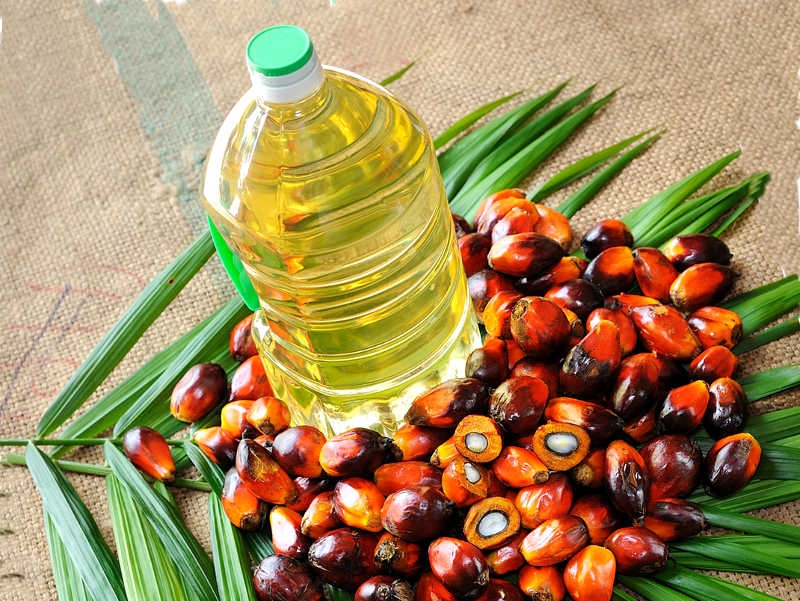EU continues import of palm oil presumed not associated with deforestation and forest degradation

The European Union in Malaysia drawed attention to Michalis Rokas, European Union Ambassador to Malaysia, expressing his views on EU’s decision not to ban import of palm oil. The statement was released by Free Malaysia December 26.
The Ambassador’s thoughts on the matter followed a statement made by the Malaysian Palm Oil Board (MPOB) upon an EU legislative proposal on the availability, and exports, of certain commodities and products associated with deforestation and forest degradation at the European market.
On 6 December, the European Parliament and the Council of the European Union reached a provisional agreement stating deforestation-free and legally produced palm oil will continue to be placed on the EU market.
In other words, the EU will continue to import palm oil – only ensuring that the palm oil is legally produced and not associated with deforestation.
The agreement requires all companies to submit a due diligence statement in order to sell soy, cattle, cocoa, coffee, timber, rubber and palm oil, as well as a range of derived products, such as beef, furniture, or chocolate on the EU market. The same applies to the European production and export of these commodities.
Operators are required to ensure that only products produced on land that has not been subject to deforestation or forest degradation after Dec 31, 2020 are placed on the Union market.
Further, operators will be required to trace the specific products back to the plot of land where they were produced while ensuring the products complies with relevant laws according to the country of production.
The new rules will avoid duplication of obligations and introduce the possibility for small operators to rely on larger operators to prepare due diligence declarations, thereby reducing the administrative burden for operators and authorities.
Mr. Rokas stated the EU are looking forward continuing cooperation with Malaysia to fight climate change and biodiversity loss, as well as protecting human rights and pointed towards the fact that the EU and its member states are already funding a number of technical assistance projects to raise awareness and build capacity in the area of palm oil sustainability in Malaysia with a special focus on smallholders.
The UN Food and Agriculture Organization (FAO) estimates that 420 million hectares of forest – an area larger than the EU – have been lost to deforestation between 1990 and 2020.
The main driver of global deforestation and forest degradation is the expansion of agricultural land, which is linked to the production of the commodities included in the new agreement.
The agreement will enter into force after being formally adopted by co-legislators which is expected to take place during the first half of 2023. Once the EU legislation is set in force, operators and traders will have 18 months to implement the new rules. Micro and small enterprises will benefit from a 24 months’ adaptation period.
Read also
Ukraine is ready to help Syria prevent food crisis – Zelenskyy
Join with the EARLY RATE – 22 International Conference BLACK SEA GRAIN.EUROP...
Brazil sugar output decreased by 23% — Unica
Algeria imposes a complete ban on durum wheat imports in 2025
Weather in Brazil and Argentina remains favorable for the future harvest of soybea...
Write to us
Our manager will contact you soon



